Author: Academic Minute
-

Meagan Schipanski – Colorado State University – Cover Crops vs. Cash Crops
Farmers want to maximize the land where they cultivate their crops. But, Meagan Schipanski‘s research indicates: it might be beneficial to alternate planting cash crops with cover crops. Dr. Meagan Schipanski is an assistant professor of agroecology in the Department of Soil and Crop Sciences at Colorado State University. Her research focuses on soil biogeochemistry…
-
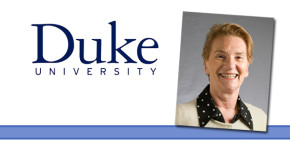
Jane Costello, Duke University – Sharing the Wealth
Does profit sharing improve the community at large? In today’s Academic Minute, Jane Costello, a professor at Duke University’s Insitute for Brain Sciences, profiles an experiment involving just that. In 1994, a tribe of Cherokee Indians opened a casino and shared the profits directly with the community. Jane Costello is professor of medical psychology in…
-
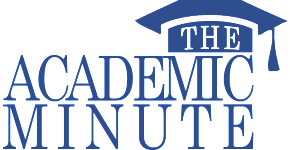
This Week on The Academic Minute (6.23-6.27)
This Week on the Academic Minute Monday, June 23 Dr. Jane Costello of Duke University details the results of a casino profit-sharing experiment. Tuesday, June 24 Dr. Meagan Schipanski of Colorado State University shows the potential benefits of alternating cash and cover crops. Wednesday, June 25 Oakton Community College’s Dr. Keith Johnson analyzes micro-aggression. Thursday,…
-
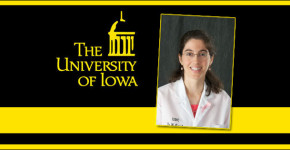
Helena Laroche, University of Iowa – Healthier Concession Stands
When attending a sporting event, snacking on a hot dog or grabbing a soda at the game is a long standing spectator tradition. Helena Laroche, assistant professor of internal medicine at the University of Iowa, made some changes to the menu during selected sporting events and studied the results. Dr. Helena Laroche is an assistant…
-

Nathaniel Dominy, Dartmouth College – Edible Environments
We’ve all got to eat. And, the location, preparation and consumption of food is a central part of the existence of all living things. Nathaniel Dominy, associate professor of Anthropology at Dartmouth College, focuses his research on an evolutionary understanding of how humans and primates eat. Nathaniel J. Dominy received a BA from Johns Hopkins…
-
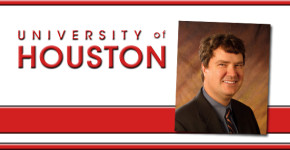
Richard Willson, University of Houston – Smartphone Medical Apps
You may have a highly advanced medical detection device in your pocket right now! Along with colleague Jiming Bao, Richard Willson is working to turn smartphones into precision detectors of viruses and disease. Richard Willson is the Huffington-Woestemeyer professor of chemical and biomolecular engineering and a professor of biochemical and biophysical sciences at the University…
-
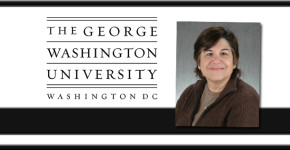
Marsha Regenstein, George Washington University – The Health Care of Former Prisoners
The Affordable Care Act extends health care benefits to people in the community who have been incarcerated. Marsha Regenstein, a professor in the department of health policy at George Washington University, observes how the law will benefit people with a history of having spent time in jail. Marsha Regenstein is a professor in the Department of Health…
-

Avner Ben-Ner, University of Minnesota – Treadmill Desks
In a recent Wall Street Journal article, Dr. Avner Ben-Ner stated that “a little bit of walking is useful because it means there’s more blood flow to the brain.” Dr. Avner Ben-Ner, a professor at the University of Minnesota’s Carlson School of Management, is studying the physiological impact that treadmill desks may have on the…
-
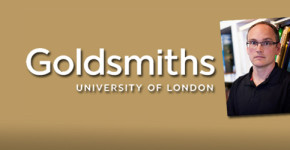
Daniel Müllensiefen, Goldsmiths, University of London – Measuring Musicality
As with most art, musical ability and talent is difficult to measure. However, Dr. Daniel Müllensiefen, Senior Lecturer in Psychology and co-director of the MSc in Music, Mind and Brain at Goldsmiths, University of London, is using some interesting metrics to quantify an individual’s musicality. Dr. Daniel Müllensiefen obtained his PhD in Systematic Musicology from…

